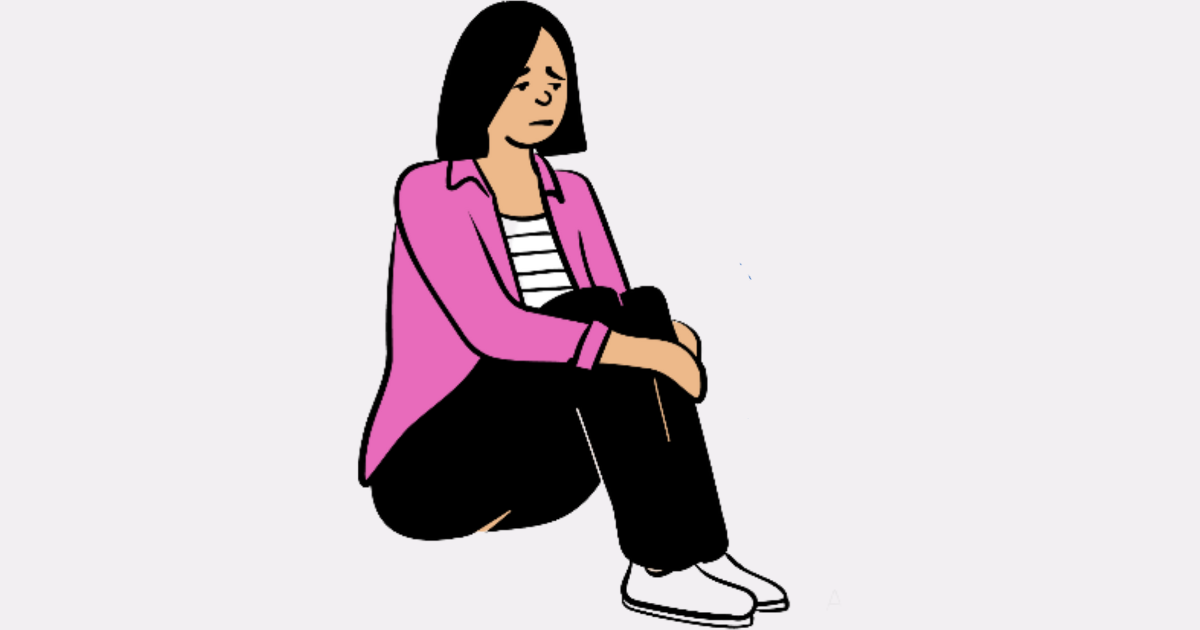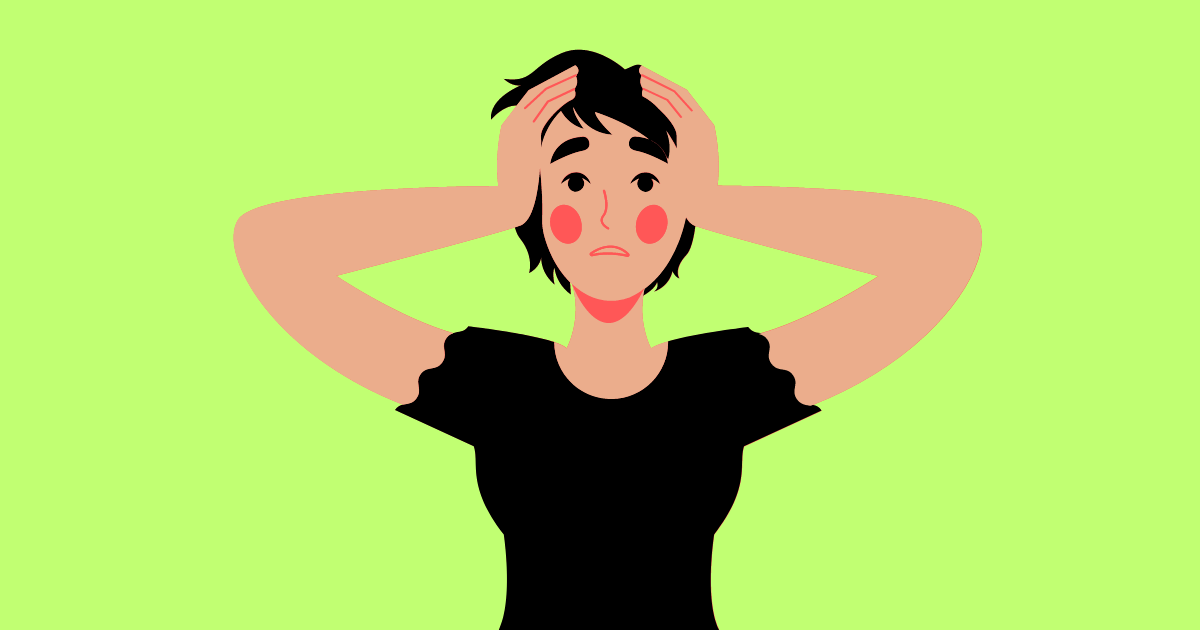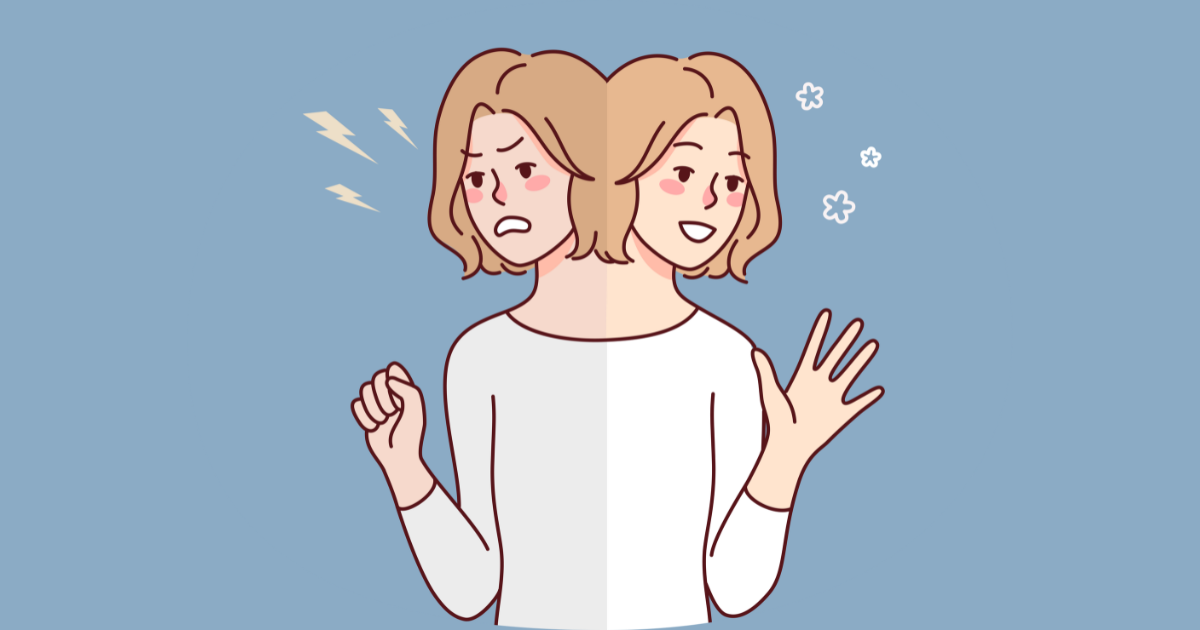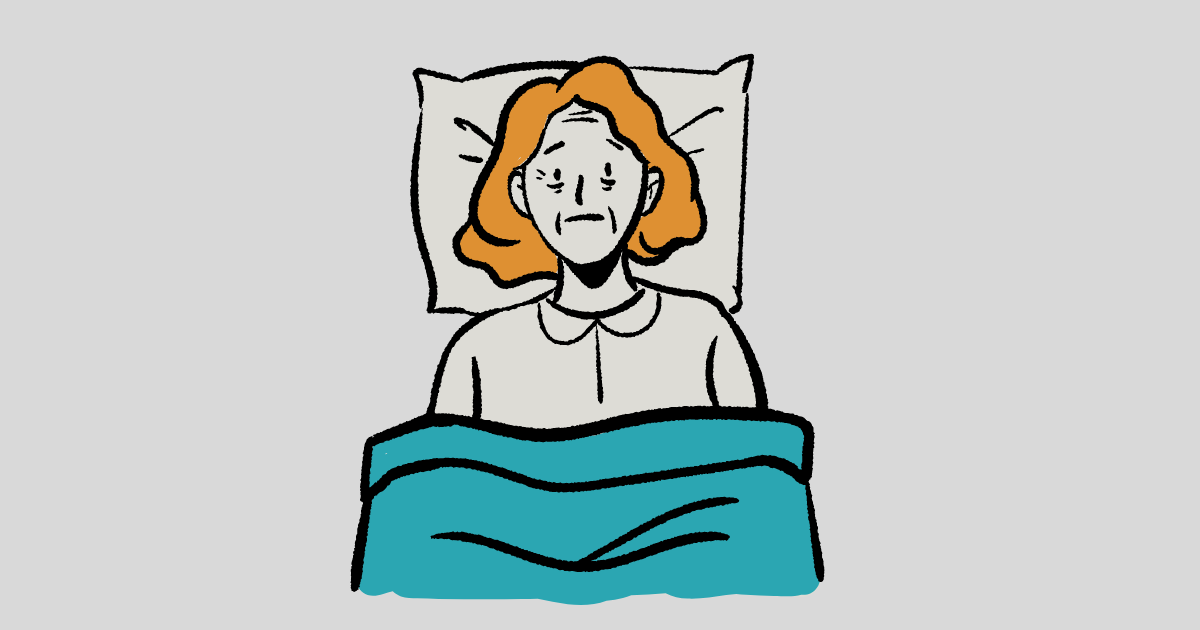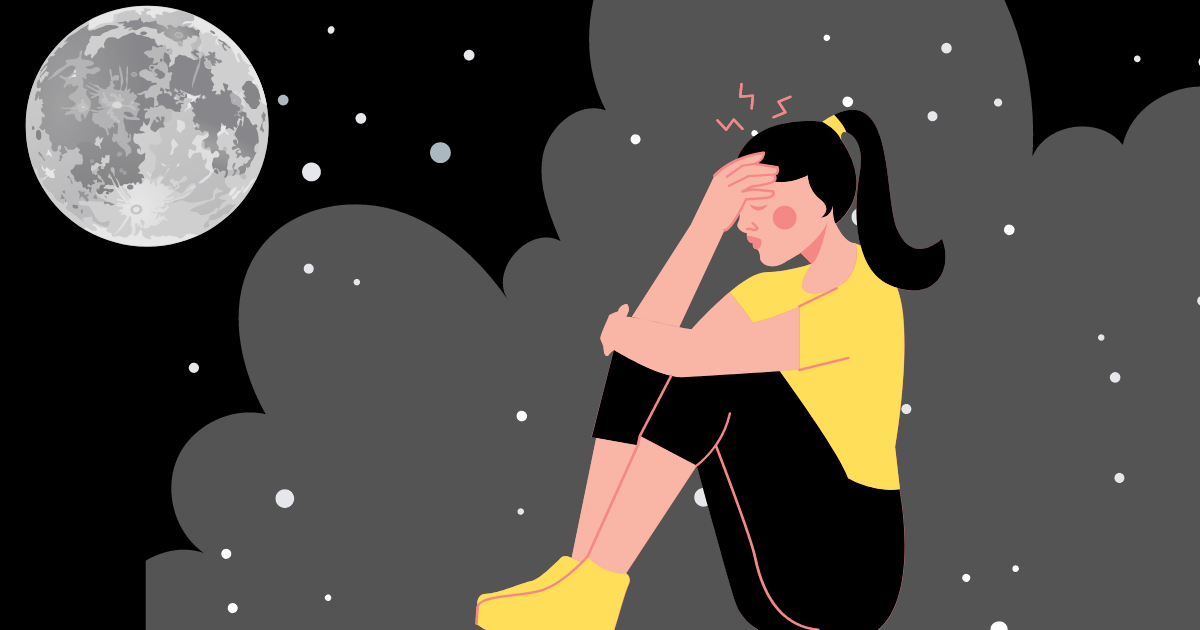How to Reduce Depression
Depression is a widespread mental health challenge that affects millions of people worldwide. It goes beyond occasional sadness or a bad day; depression can be a persistent and overwhelming experience that significantly impacts daily life, relationships, and overall well-being. While professional treatment is often essential, there are also natural methods that can help reduce depression and improve mental health.
In this post, we will explore 13 natural ways to reduce depression quickly. These strategies range from lifestyle changes to mindfulness practices, offering practical and accessible ways to support your mental well-being. Whether you’re looking for new approaches or ways to complement existing treatments, these tips can help you on your journey to feeling better and leading a more fulfilling life. Let’s dive into these effective methods to reduce depression and enhance your overall quality of life.
Table of Contents
What is Depression?
Depression, also known as major depressive disorder or clinical depression, is a common and serious medical condition that affects how a person feels, thinks, and handles daily activities. It is more than just feeling sad or going through a rough patch; it is a persistent condition that can have significant impacts on a person’s emotional and physical health.
Symptoms of Depression
Depression can manifest in various ways and can differ from person to person. Common symptoms include:
- Persistent Sadness or Low Mood: A continuous feeling of sadness, hopelessness, or emptiness is a hallmark symptom of depression.
- Loss of Interest or Pleasure: Individuals with depression often lose interest in activities they once enjoyed, including hobbies, social interactions, and sex.
- Changes in Appetite or Weight: Depression can lead to significant weight loss or gain due to changes in appetite. Some people may eat more than usual, while others may lose their appetite altogether.
- Sleep Disturbances: This can include insomnia (difficulty falling asleep or staying asleep), hypersomnia (excessive sleeping), or disrupted sleep patterns.
- Fatigue or Low Energy: Even simple tasks can feel exhausting for someone with depression. Persistent tiredness and lack of energy are common.
- Feelings of Worthlessness or Guilt: People with depression often experience intense feelings of worthlessness, guilt, or self-blame, even over minor issues.
- Difficulty Concentrating: Depression can impair concentration, decision-making, and memory, making it hard to focus on tasks or make decisions.
- Physical Symptoms: Some individuals may experience unexplained physical symptoms, such as headaches, digestive issues, or chronic pain, without a clear physical cause.
- Thoughts of Death or Suicide: In severe cases, depression can lead to thoughts of death, suicidal ideation, or suicide attempts.
It’s important to note that not everyone with depression will experience all of these symptoms, and the severity and duration of symptoms can vary.
Causes of Depression
Depression is a complex condition with multiple contributing factors. These can include:
- Genetic Factors: A family history of depression can increase the risk of developing the condition. Certain genetic variations can make individuals more susceptible to depression.
- Biological Factors: Imbalances in neurotransmitters (chemicals in the brain that transmit signals) such as serotonin, norepinephrine, and dopamine are believed to play a role in depression.
- Environmental Factors: Life events, such as trauma, loss, chronic stress, or major life changes, can trigger depression. Long-term exposure to stressful environments can also contribute to the development of the condition.
- Psychological Factors: Personality traits, such as low self-esteem or being overly self-critical, can increase vulnerability to depression. Additionally, negative thinking patterns and cognitive distortions can exacerbate symptoms.
- Medical Conditions: Certain medical conditions, such as chronic illnesses, hormonal imbalances, or neurological disorders, can contribute to the onset of depression.
- Substance Abuse: Abuse of alcohol or drugs can lead to or worsen depression. Substance abuse can disrupt normal brain function and exacerbate symptoms of depression.
Types of Depression
There are several types of depression, each with its unique features:
- Major Depressive Disorder (MDD): The most common form, characterized by persistent and intense feelings of sadness or hopelessness.
- Persistent Depressive Disorder (Dysthymia): A chronic form of depression lasting for at least two years, with symptoms that may be less severe than MDD but still significant.
- Bipolar Disorder: A mood disorder characterized by alternating episodes of depression and mania (periods of extremely elevated mood).
- Seasonal Affective Disorder (SAD): Depression that occurs at certain times of the year, typically in the winter months when there is less natural sunlight.
- Postpartum Depression: Depression that occurs after childbirth, affecting the new mother’s ability to care for herself and her baby.
- Premenstrual Dysphoric Disorder (PMDD): A severe form of premenstrual syndrome (PMS) with pronounced mood swings, irritability, and depressive symptoms.
Treatment for Depression
Depression is treatable, and a variety of options are available, including:
- Psychotherapy: Also known as talk therapy, it involves working with a mental health professional to identify and change negative thought patterns and behaviors. Cognitive-behavioral therapy (CBT) is a common and effective form of psychotherapy for depression.
- Medication: Antidepressants can help correct chemical imbalances in the brain. Several types of antidepressants are available, and a healthcare provider can help determine the most appropriate medication and dosage.
- Lifestyle Changes: Regular exercise, a healthy diet, adequate sleep, and stress management techniques can support overall mental health and reduce symptoms of depression.
- Support Groups: Joining a support group can provide a sense of community and understanding from others who are experiencing similar challenges.
- Alternative Therapies: Techniques such as mindfulness, meditation, acupuncture, and herbal supplements may also provide relief for some individuals.
13 Natural Ways to Reduce Depression Quickly
Depression is a common mental health condition that can significantly impact a person’s life. While professional help is often necessary, there are natural ways to alleviate symptoms and improve overall well-being. Here are 13 effective strategies to reduce depression naturally and quickly.
1. Exercise Regularly
Physical activity is a powerful tool in combating depression. Regular exercise can increase the production of endorphins, also known as the body’s “feel-good” chemicals. These endorphins help elevate mood, reduce stress, and improve overall mental health. Even moderate exercise, such as walking, jogging, swimming, or cycling, can make a significant difference. Aim for at least 30 minutes of exercise most days of the week.
In addition to aerobic exercises, strength training, and yoga can also be beneficial. Strength training can enhance self-esteem by improving physical strength and body image, while yoga combines physical postures with breathing exercises and meditation, promoting relaxation and emotional balance.

2. Practice Mindfulness and Meditation
Mindfulness and meditation are practices that encourage focusing on the present moment, which can help reduce negative thinking patterns associated with depression. Mindfulness involves paying attention to thoughts, feelings, and sensations without judgment, allowing individuals to observe their mental state and respond more calmly.
Meditation, particularly mindfulness meditation, can help decrease symptoms of depression by promoting a sense of inner peace and emotional regulation. Starting with just a few minutes of meditation each day can gradually lead to longer and more beneficial sessions. Apps and guided meditation videos can be useful tools for beginners.

3. Maintain a Healthy Diet
Diet plays a crucial role in mental health. A balanced diet rich in nutrients supports brain function and emotional well-being. Omega-3 fatty acids, found in fish, flaxseeds, and walnuts, are particularly beneficial for mental health. These fatty acids help regulate neurotransmitters, which are chemicals that transmit signals in the brain.
Incorporating plenty of fruits, vegetables, whole grains, and lean proteins into your diet can provide essential vitamins and minerals, such as B vitamins, magnesium, and zinc, which are linked to mood regulation. Avoiding excessive sugar and processed foods can also help stabilize blood sugar levels and prevent mood swings.

4. Get Enough Sleep
Adequate sleep is vital for mental health. Sleep disturbances, such as insomnia or poor-quality sleep, are common in individuals with depression. Establishing a regular sleep routine, including going to bed and waking up at the same time each day, can improve sleep quality.
Creating a calming bedtime routine, such as reading, taking a warm bath, or practicing relaxation techniques, can signal to the body that it’s time to wind down. Limiting screen time before bed and keeping the sleep environment dark, quiet, and cool can also enhance sleep quality.

5. Stay Hydrated
Dehydration can contribute to feelings of fatigue and irritability, which may exacerbate symptoms of depression. Drinking enough water throughout the day is essential for maintaining physical and mental well-being. The general recommendation is to drink at least eight 8-ounce glasses of water daily, but individual needs may vary based on factors such as activity level and climate.
In addition to water, consuming hydrating foods like fruits and vegetables can help maintain proper hydration levels. Monitoring urine color can also be a simple way to gauge hydration; light yellow indicates adequate hydration.

6. Connect with Loved Ones
Social connections are vital for emotional support and well-being. Isolation and loneliness can worsen depression, so staying connected with friends, family, or support groups can provide a sense of belonging and understanding. Talking to someone you trust about your feelings can be a significant relief and help reduce the burden of depressive thoughts.
Engaging in social activities, even if it’s just a phone call or video chat, can improve mood and provide a positive distraction from negative thoughts. Volunteering or joining clubs and organizations can also be a way to meet new people and create meaningful connections.

7. Spend Time in Nature
Nature has a soothing effect on the mind and body. Spending time outdoors, whether in a park, garden, or natural setting, can reduce stress and improve mood. Exposure to natural light, fresh air, and greenery can boost vitamin D levels, which are linked to improved mood and energy levels.
Activities like hiking, gardening, or simply sitting in a park can provide a sense of peace and relaxation. The concept of “forest bathing,” or immersing oneself in a forest environment, has been shown to reduce stress hormones and enhance feelings of well-being.

8. Practice Gratitude
Gratitude is a powerful tool for shifting focus away from negative thoughts and fostering a positive mindset. Keeping a gratitude journal, where you regularly write down things you’re thankful for, can help reinforce positive thinking and improve overall mood.
Taking time each day to reflect on the positive aspects of life, no matter how small can help cultivate a sense of appreciation and contentment. Sharing your gratitude with others, either through conversation or written notes, can also enhance social connections and emotional well-being.

9. Engage in Creative Activities
Creative expression can be a therapeutic way to manage emotions and reduce symptoms of depression. Activities such as painting, drawing, writing, music, or crafting provide an outlet for self-expression and can serve as a positive distraction from negative thoughts.
Engaging in creative activities can also lead to a sense of accomplishment and boost self-esteem. It’s not necessary to be a skilled artist or writer; the process of creating is what’s most beneficial. Exploring different forms of art and creative expression can be a fun and fulfilling way to improve mental health.

10. Limit Caffeine and Alcohol
Caffeine and alcohol can negatively impact mood and exacerbate symptoms of depression. Caffeine, a stimulant found in coffee, tea, and some soft drinks, can lead to increased anxiety and disrupt sleep patterns. Limiting caffeine intake, especially in the afternoon and evening, can help improve sleep quality and reduce irritability.
Alcohol, a depressant, can interfere with the brain’s chemical balance and worsen symptoms of depression. While it may provide temporary relief, excessive alcohol consumption can lead to dependency and worsen mental health over time. Moderation or avoidance of alcohol can support better emotional regulation and overall well-being.

11. Try Herbal Supplements
Certain herbal supplements have been shown to have mood-boosting effects. St. John’s Wort, a popular herbal remedy, has been studied for its potential to alleviate mild to moderate depression. Omega-3 fish oil supplements are also believed to support brain health and mood regulation.
Other supplements, such as SAMe (S-adenosylmethionine) and 5-HTP (5-hydroxytryptophan), may also help improve symptoms of depression. However, it’s important to consult with a healthcare provider before starting any new supplement regimen, as they can interact with medications or have side effects.

12. Practice Deep Breathing and Relaxation Techniques
Deep breathing exercises and relaxation techniques can help reduce stress and promote relaxation, which is beneficial for managing depression. Deep breathing involves taking slow, deep breaths, which can calm the nervous system and reduce anxiety.
Progressive muscle relaxation, guided imagery, and yoga are other relaxation techniques that can help reduce tension and improve emotional well-being. Incorporating these practices into daily routines can provide a sense of calm and enhance overall mental health.

13. Seek Professional Help
While natural remedies can be helpful, they are not a substitute for professional treatment. If depression persists or worsens, it’s important to seek help from a mental health professional. Therapy, such as cognitive-behavioral therapy (CBT), can provide valuable tools and strategies for managing depression.
In some cases, medication may be necessary to help regulate brain chemistry and improve mood. A healthcare provider can work with you to determine the best course of treatment based on your individual needs and circumstances.

Conclusion
Taking steps to reduce depression naturally can be an empowering journey toward better mental health and overall well-being. These 13 methods offer practical and effective ways to reduce depression symptoms, but it’s important to remember that everyone’s experience is unique. What works for one person might not work for another, and that’s perfectly okay. The key is to be patient with yourself and explore different strategies to find what best helps reduce depression in your life. It’s also crucial to recognize that while these natural methods can be incredibly beneficial, they may not replace the need for professional treatment. Seeking help from a healthcare provider can complement these strategies and provide a more comprehensive approach to reducing depression. You’re not alone in this journey, and even small steps can lead to significant improvements.
By focusing on these natural methods and staying open to professional support, you can find effective ways to reduce depression and improve your quality of life. Remember, your mental health is a priority, and taking care of it is a positive and courageous step forward. Stay kind to yourself, keep exploring these options, and celebrate each small victory as you work to reduce depression and enhance your well-being.
-

Mindfulness Journal: A Complete Guide to Transform Your Daily Life with Journaling
-

10 Powerful Strategies to Avoid Negative Thoughts and Stay Positive
-

6 Simple Steps to Craft Your Personal Development Plan
-

How to Better Myself as a Person: 12 Essential Steps for Personal Growth
Discover more from Positive Treasure
Subscribe to get the latest posts sent to your email.
